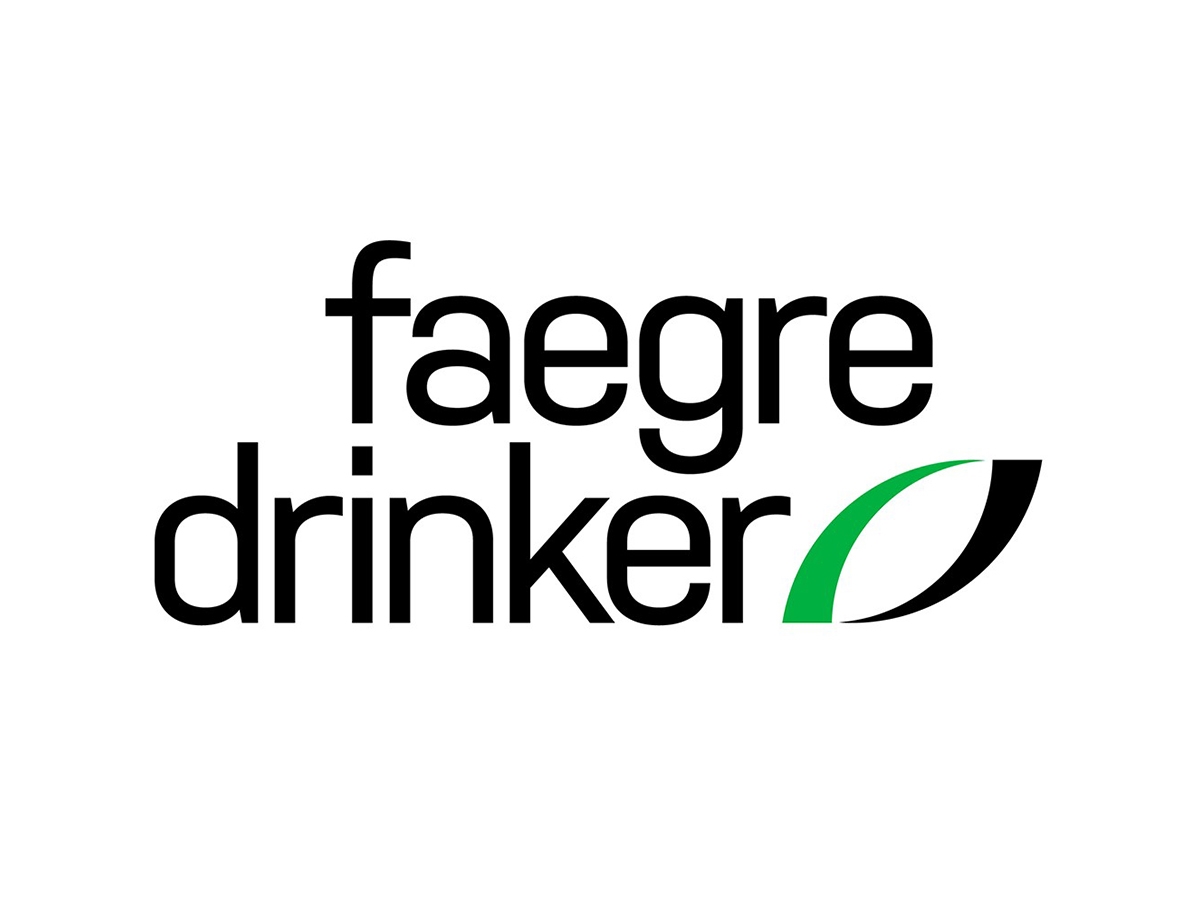In explaining the December 2023 amendments to Federal Rule of Evidence 702, the Advisory Committee called out several ways in which “many courts” had “incorrectly” applied Rule 702 and failed to adequately discharge their duty as gatekeepers with regard to expert witness testimony. The import of those comments is that existing precedent on Rule 702 may be “incorrect” and must be re-examined.
A case pending in the Northern District of Illinois serves as a fine illustration of how this re-examination should work in practice. In West v. Home Depot U.S.A., Inc., 2024 WL 1834112 (N.D. Ill. Apr. 26, 2024), the plaintiff alleged that she was injured when portions of a store display fell on her. She offered a trio of experts to opine that her claimed injuries had been caused by the incident, but none of them “were aware of, let alone reviewed, [her] highly salient medical history prior to issuing their causation opinions.” Rather, they were treating physicians who based their opinions solely on their post-incident treatment of the plaintiff.
The defendant moved to exclude the experts’ causation opinions, arguing that they did not have an adequate factual basis. Among other things, the plaintiff responded by citing Walker v. Soo Line Railroad Company, 208 F.3d 581 (7th Cir. 2000), for the proposition that a medical expert’s reliance on a patient’s self-reported but inaccurate medical history should be addressed through cross-examination at trial rather than exclusion at the pre-trial stage. The court rejected that argument, which it labeled a “historic safe harbor,” and noted that the plaintiff urged “the precise type of weight vs. admissibility distinction the recent amendment to Rule 702 aimed to correct.” The court excluded the opinions, holding that the experts’ ignorance of the plaintiff’s considerable and relevant prior medical history rendered any causation opinion “unreliable for lack of ‘sufficient facts or data.’”
The plaintiff moved for reconsideration, arguing that Walker controlled and was not inconsistent with the Advisory Committee’s intent in amending Rule 702. West v. Home Depot U.S.A., Inc., 2024 WL 2845988 (N.D. Ill. June 5, 2024). The court disagreed, holding that the amendments were “aimed precisely at cases like Walker.” As the court explained regarding Walker:
[T]he Seventh Circuit sidestepped an analysis of whether the expert’s opinion was “based on sufficient facts or data” because the testimony was “the product of reliable principles and methods.” Rule 702(b)-(c). The text of the operative Rule 702 and accompanying Committee comments make clear this is insufficient. Now, courts must ensure the proponent of expert testimony establishes that each of the four elements of Rule 702 are satisfied by a preponderance of the evidence. A proper methodology is not enough if the expert did not rely on sufficient facts or data.
Thus, having more forcefully rejected Walker as inconsistent with Rule 702 as amended, the court reiterated that the plaintiff’s experts had relied on inaccurate and inadequate factual bases and could not offer admissible causation opinions.
Some courts – even appellate courts – have continued to apply pre-amendment Rule 702 precedent without even acknowledging the Advisory Committee’s concerns about “incorrect” rulings. The West court, in contrast, carefully evaluated whether existing precedent was consistent with Rule 702 as amended. And, having found tension between the two, the court correctly followed the Rule rather than adhering to incompatible pre-amendment case law. West stands not only for the proposition that an expert who opines on causation may not base an opinion on an inaccurate medical history provided by the plaintiff, but for the far broader idea that courts should examine Rule 702 precedent to assess whether it is part of the “incorrect” application of which the Advisory Committee warned.


